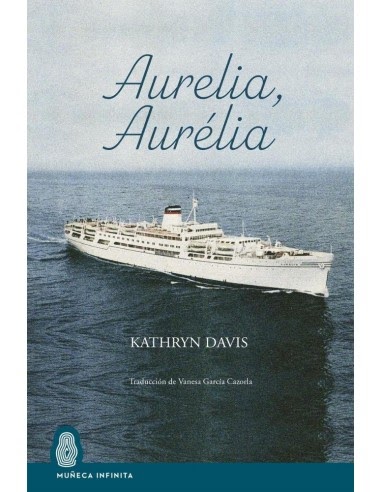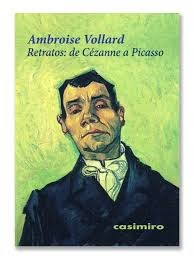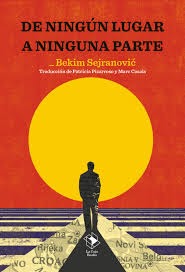
Original title: Aurelia, Aurelia
Year of publication: 2022
Translation: Vanesa García Cazorla
Valuation: recommendable
In the case that concerns us today, a certain feeling of mental exhaustion accompanies the reading of the first chapters. The fragmentary and “jumpy” nature of a text in which transitions and associations of ideas are almost everything does not help, so one ends those chapters as if saying “very good, Kathryn, but focus a little, because you are going to go crazy with so much back and forth, with so much chronological jump, with so much superimposed shot”.
Why Aurelia, Aurelia It is a memoir divided into 13 short chapters that can be read, through a series of common elements, as an autobiographical “cubist” novel with a tenuous plot. The central place in it is occupied by the death of Eric, Kathryn Davis’s husband. Everything ends up leading to that event, whether it is a TV series, a camping trip, a movie, a musical, etc. Small events that are the thread to pull, the point at which the paths fork but in which we find a series of points of contact (Virginia Woolf, Gerard de Nerval, The Seventh Seal, the dogs, the walks… ), essential anchors in the course of a life because “it is impossible to understand the direction of the transit, except through the strange system of association of ideas.”
As you can see, Aurelia, Aurelia It is not a typical memoir. Memory and thought intertwined, personal memory and notebook of readings, films and records, but also a beautiful tribute to the dead husband through texts that grow as the book progresses (or maybe it’s me who has managed to “detach myself” from my previous reading), such as the slightly dreamlike “Ghost Tale 1”, the beautiful and dark “Ghost Tale 2”, the revealing “Fama” or the wonderful “Aurelia, Aurélia” that gives the title to the volume and which offers some of the keys to understanding the apparently disjointed and disjointed style of Kathryn Davis.
Source: https://unlibroaldia.blogspot.com/2023/11/kathryn-davis-aurelia-aurelia.html


